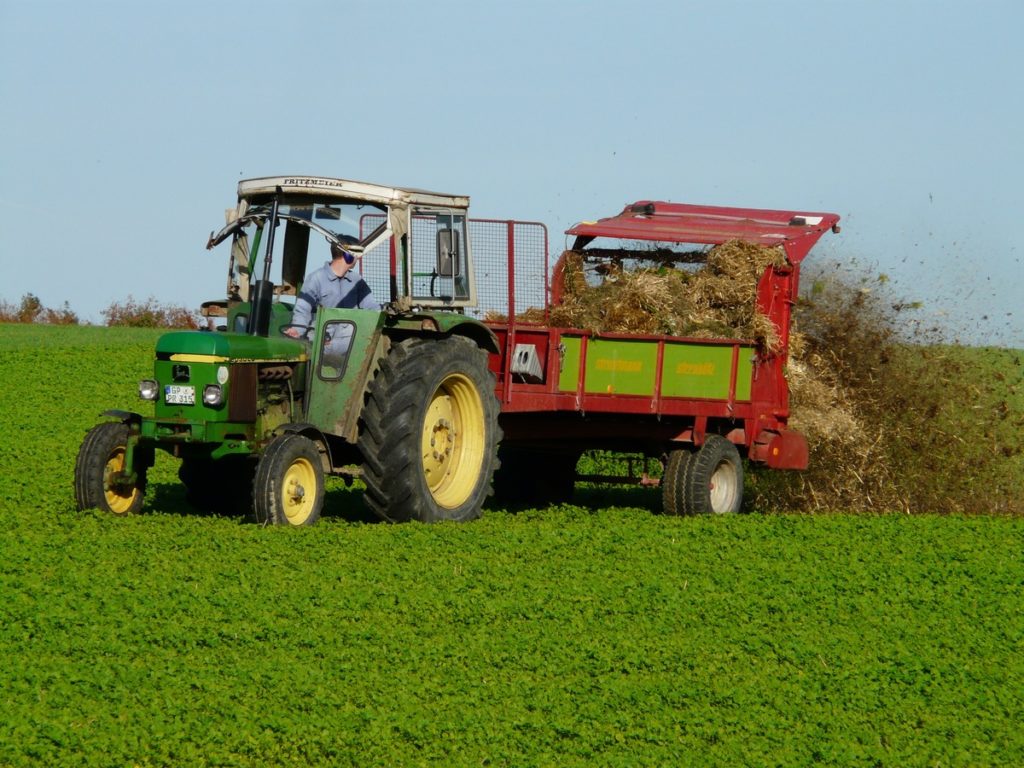The restrictive measures taken to combat the spread of the coronavirus (Covid-19), in particular the order to stay home unless absolutely unavoidable, have had an upside: in Brussels, the air is cleaner as motorists use the car less often, or not at all.
However the upside has a downside for some residents of the capital. The lack of diesel fumes and fine particulates has left unmasked an odour unfamiliar to most city dwellers: the smell of cow manure.
Brussels has only one working farm, close to the Groot-Bijgaarden interchange on the Ring. But the capital is surrounded by farmland, and this is the season for muck-spreading, when farmers take the cow-dung they’ve been saving all winter while the cows themselves were in lockdown, and use it to fertilise their fields.
RTL television has a tip-line on its website for information from visitors, and in recent days it has been inundated with reports from citizens from Molenbeek, Anderlecht and as far afield as Schaerbeek, complaining about the odd smell.
“That smells hyper-strong,” said one. “I noticed it yesterday when I went to do my shopping,” said another. A third came straight to the point: “That smells like cow excrement. You’d think you were on a farm.”
The truth, according to the agricultural union Fugea, is that Brussels has not gone to the farm; the farm has come to Brussels.
“This is one of the periods of the year when farmers spread manure on their fields and/or crops,” explained Sabine De Coster, administrative secretary-general. “We’re right in the middle of it.”
The problem, then, is not new, the fact is simply that the people of Brussels were never as aware of it before. And many were not so much at home in normal times.
“When I opened my window, my eyes were stinging,” reported one Molenbeek resident. “I also had a terrible headache.”
The explanation comes from Philippe Baet, professor of bio-engineering at the university of Louvain-la-Neuve.
“By releasing ammonia, muck-spreading increases the level of fine particulates, and therefore increases air pollution,” he told RTL.
“The studies carried out are fairly recent. But today we can say that when the Flemish farmers [the city of Brussels is surrounded by Flanders] proceed to muck-spreading, the air in Brussels suffers. As far as the smells are concerned, those are perceptible mainly in the north of the city, since on the other side, the Sonien Forest acts as a barrier. The sunshine, the winds and a whole series of other parameters also have a role to play.”
Alan Hope
The Brussels Times

